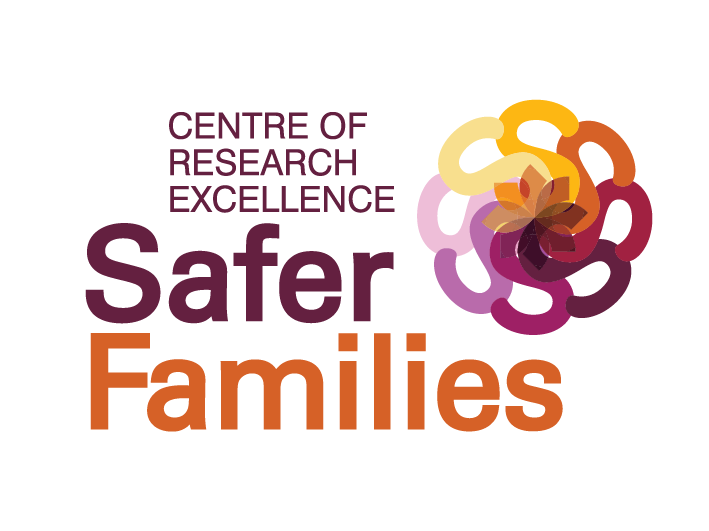Why our focus on Aboriginal & Torres Strait Islander Peoples
Aboriginal and Torres Strait Islander families experience a disproportionate level of domestic violence and abuse related to past and present trauma. [1]
The impact of colonisation and legacy of extreme social disadvantage and ongoing trauma, reflected in high rates of community and family violence, contribute to higher rates of maternal mortality, stillbirth, adverse neonatal outcomes, and high rates of children in ‘out of home care’. [2]
Data on longer-term consequences of family violence and abuse for Aboriginal and Torres Strait Islander families are sparse, as researchers often fail to engage with Aboriginal communities in ways that would promote participation in research.
Aboriginal leaders and community have repeatedly stressed the importance of Aboriginal communities being empowered to identify and implement ‘solutions’ to family violence.[1] Partnerships between researchers and Aboriginal community organisations and communities, capacity building, and knowledge exchange are key to this process. [3]
See on this page some articles and findings about Aboriginal and Torres Strait Islander women’s experiences of family violence and a video by Healing Foundation explaining the effects of colonisation leading to intergenerational trauma, narrated by Uncle Jack Charles.
[1] Atkinson J. Trauma trails, recreating song lines: the transgenerational effects of trauma in Indigenous Australia. North Melbourne: Spinifex Press; 2002.
[2] Australian Institute of Health and Welfare. Child Protection Australia 2013-2014. Canberra: Australian Institute of Health and Welfare,, 2015.
[3] Cripps K, Davis M. Communities working to reduce Indigenous family violence. NSW: Indigenous Justice Clearinghouse, 2012.
Aboriginal and Torres Strait Islander women's experience of violence (National Social Survey 2014-15)




